What next for England as Rob Key’s appointment signals start of new era?
The new managing director of England men’s cricket has plenty of tough decisions to make
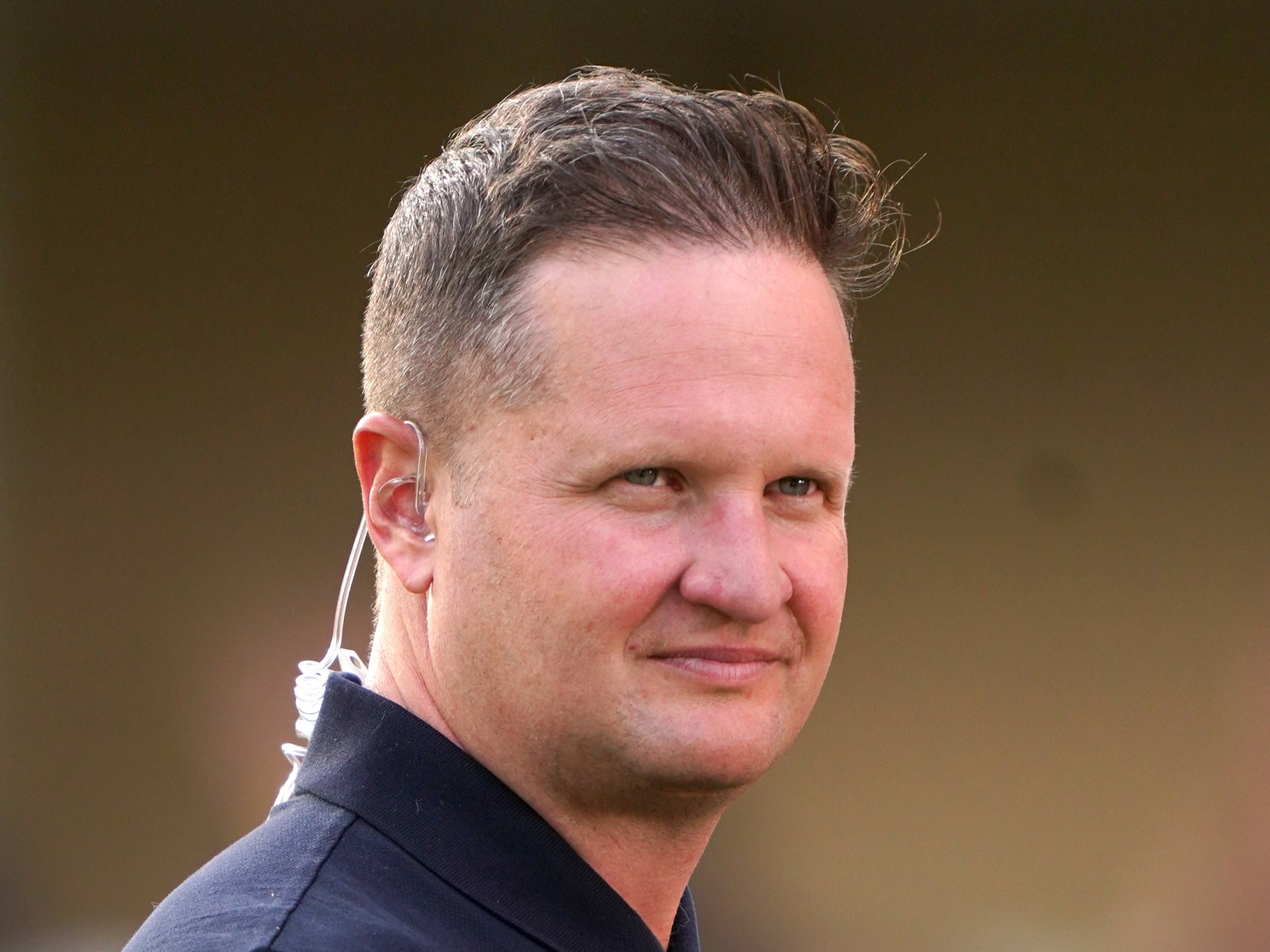
Your support helps us to tell the story
From reproductive rights to climate change to Big Tech, The Independent is on the ground when the story is developing. Whether it's investigating the financials of Elon Musk's pro-Trump PAC or producing our latest documentary, 'The A Word', which shines a light on the American women fighting for reproductive rights, we know how important it is to parse out the facts from the messaging.
At such a critical moment in US history, we need reporters on the ground. Your donation allows us to keep sending journalists to speak to both sides of the story.
The Independent is trusted by Americans across the entire political spectrum. And unlike many other quality news outlets, we choose not to lock Americans out of our reporting and analysis with paywalls. We believe quality journalism should be available to everyone, paid for by those who can afford it.
Your support makes all the difference.The Easter resignation of Joe Root as Test captain and Rob Key’s subsequent appointment as managing director of men’s cricket have answered two of the most pressing questions around the England side after a troubled winter.
But there remains plenty of uncertainty and plenty of tough decisions ahead.
Here, we look at what comes next.
Key starts work
It is only a matter of weeks since Key jokingly suggested that the demands of running the show at Lord’s could prove a distraction to his golf game, but having taken the reins he will now be throwing himself at the task. Time is tight, with less than seven weeks to go before the international summer gets under way. His first task will be to getting to know the internal structures of the England and Wales Cricket Board, familiarising himself with the workforce and beginning to formulate his own plans for moving forward. Top priority will be filling the coaching void.
What will the new coaching team look like?
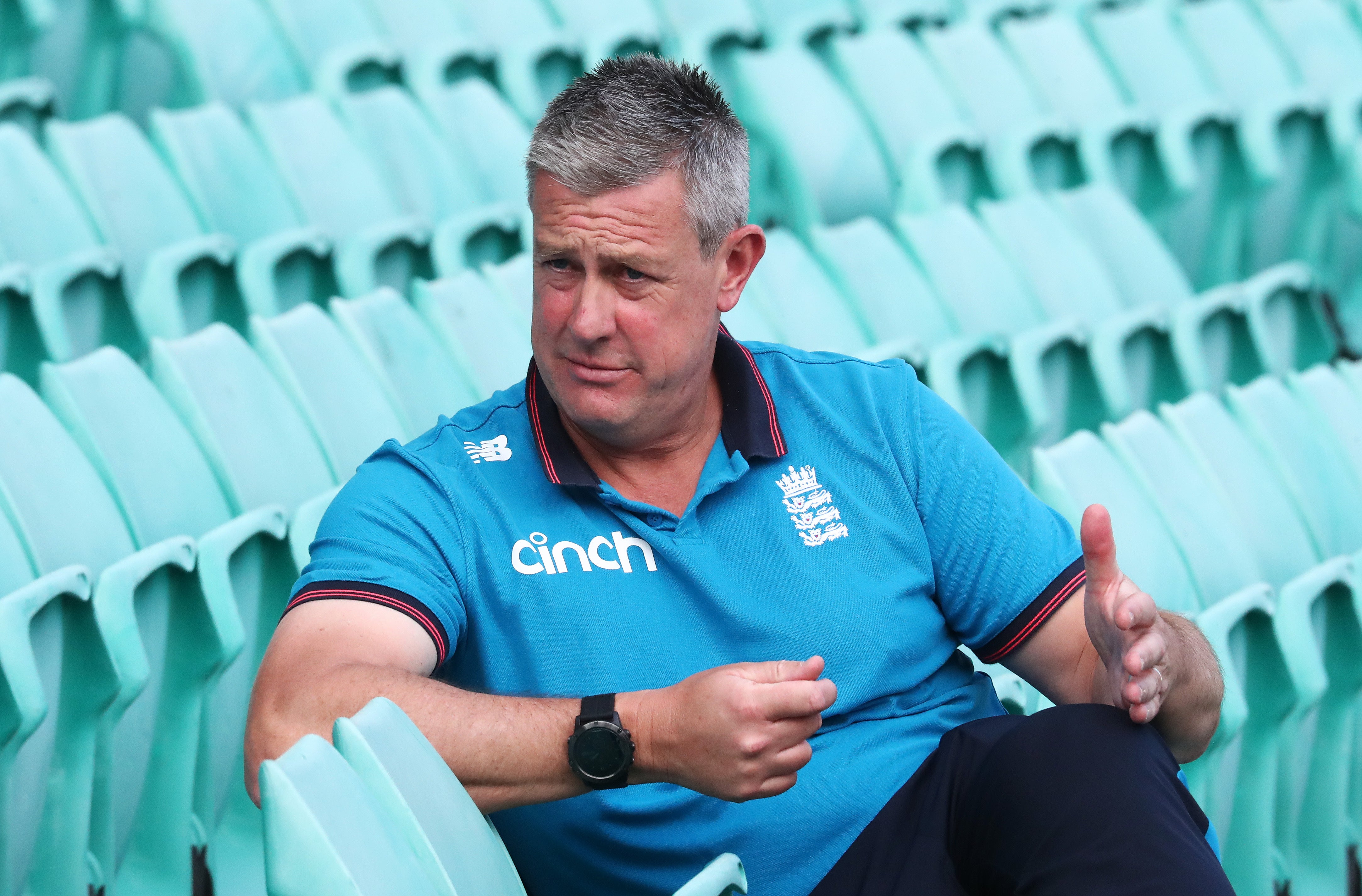
A return to a split system of Test and limited-overs specialists seems inevitable. A mere glance at England’s fixture commitments over the next nine months make it the only logical choice and Key has previously come out in support of the idea. His predecessor Ashley Giles was resistance having worked in an imbalanced partnership with Andy Flower when England first trialled the structure, but appointing two new coaches simultaneously should mean neither one boasts a stronger hand than the other. Whether both coaches will have distinct staffs to work with or whether a central pool of skills coaches will be available to both is less certain and may depend on the budget. Either way, England can expect a wider field of candidates by streamlining the jobs and reducing the punishing time commitments attached to an all-format position.
Who is in the frame?
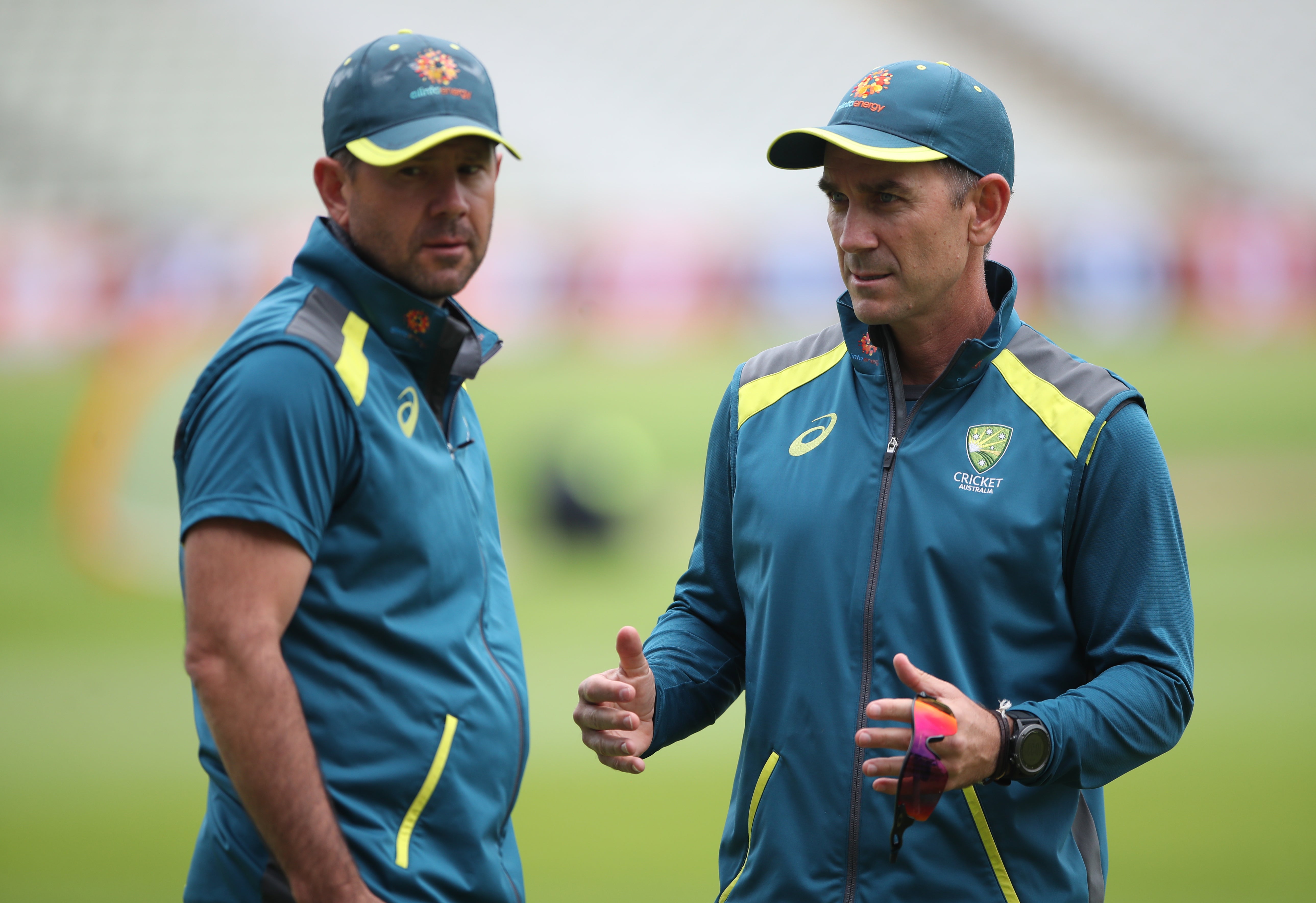
Having been so comprehensively outclassed in the recent Ashes series, and with recapturing the urn in 2023 a clear medium-term objective, it is no surprise to see speculation focusing on Australian options. Ricky Ponting has been touted as a possible first choice for Key, and undoubtedly has the authority and tactical nous to succeed, while Justin Langer is an eye-catching option after the abrupt post-Ashes end to his time in charge of the Baggy Greens. Both have reputations as fiercely patriotic figures, though, and the idea that they would cross the divide does begin to stretch the bounds of credulity. Paul Collingwood, interim head coach in the West Indies and Chris Silverwood’s assistant before that, is well positioned for a promotion and overseeing the white-ball side would be a neat fit. Elsewhere, Sri Lanka great Mahela Jayawardene has previously worked with England and has a strong reputation, New Zealander Stephen Fleming is a renowned leader and South African Gary Kirsten remains interested after applying last time around.
Is Ben Stokes the only option as captain?
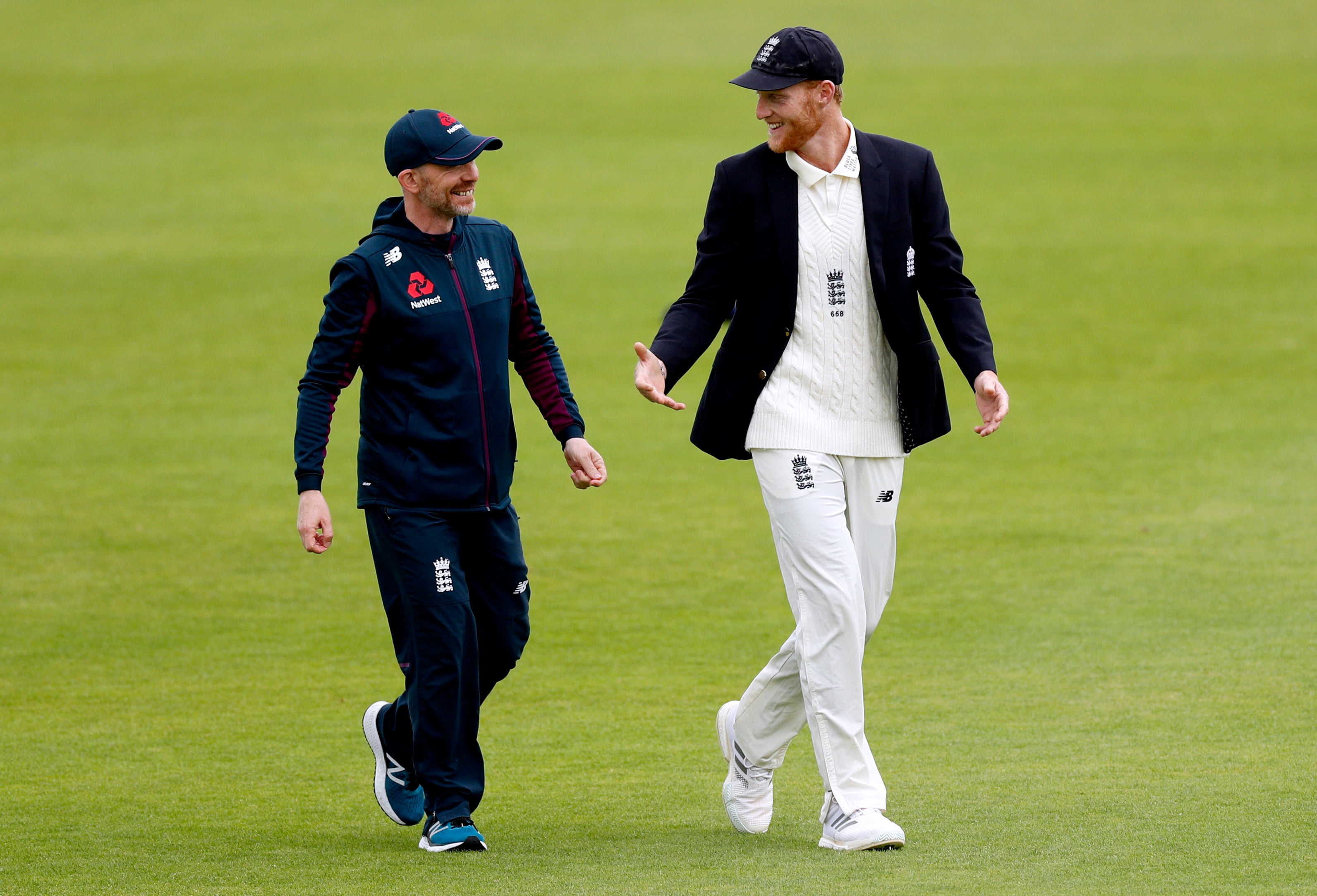
If Stokes wants the job, and believes he can manage it without compromising his current all-round workload, it seems inconceivable he will not get the chance. No other player has established themselves as a better alternative during Root’s five years in charge, with experienced leaders such as Jos Buttler and Rory Burns no longer in the team. Stuart Broad has his champions, and has huge reserves of passion and perception, but at 35 faces enough of a battle reclaiming and retaining his place. Drafting a county skipper like Sam Billings or James Vince seems a stretch, while vice-captain would be the highest office Zak Crawley could realistically hope for at this point. If Stokes declines to put his name forward, England will be forced into a major gamble.
Will we see a new selection panel?
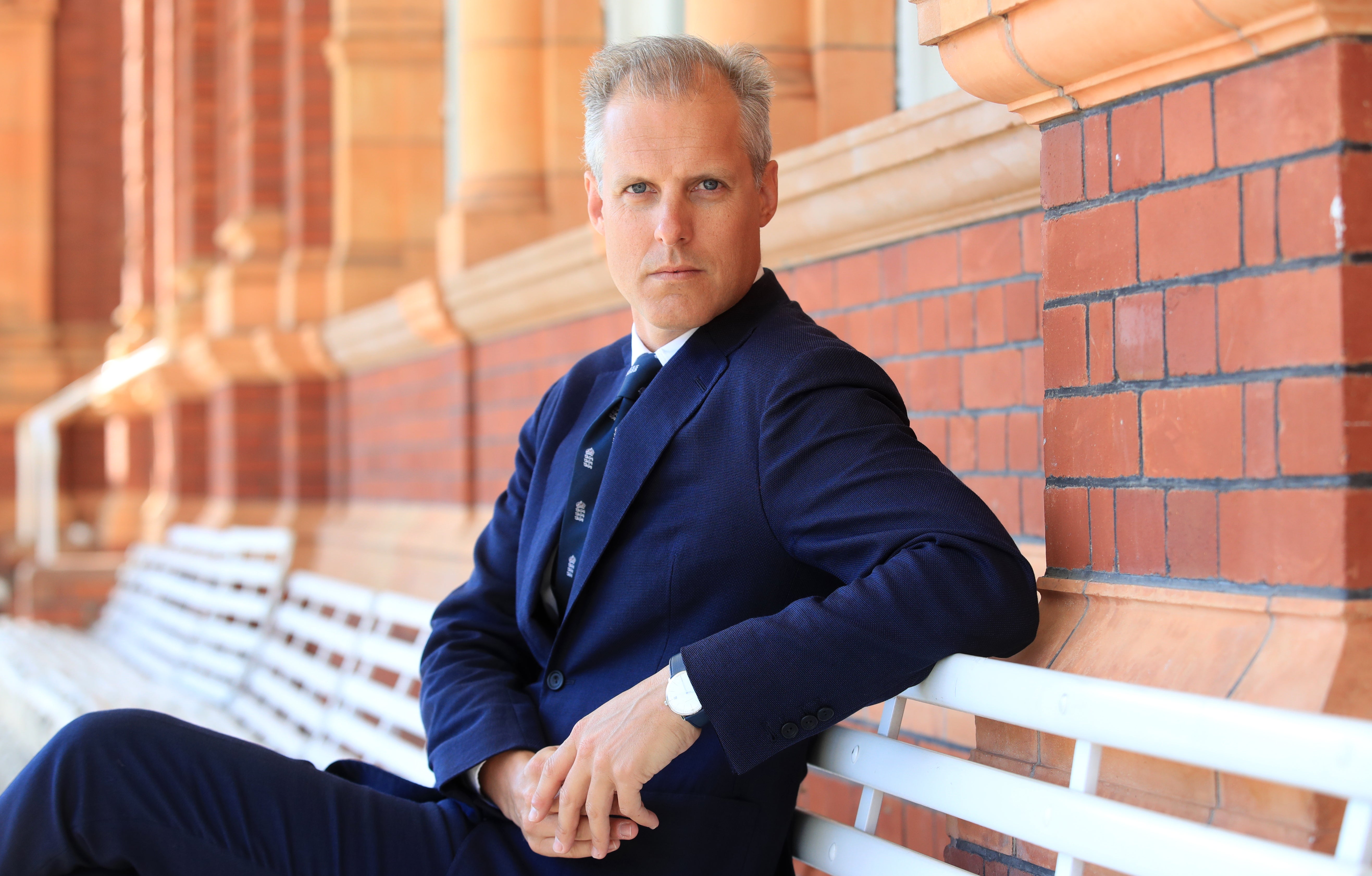
Distilling the powers of national selector and head coach in Silverwood’s hands was a bold gambit by Giles, but one that has coincided with a dire run of results. At least a partial reversal appears likely, with an independent selector or panel surely needed if two coaches with diverging interests are appointed. A return for Ed Smith looks fanciful – though he may not be finished with the England set-up – and head scout James Taylor lacks a strong voice. But there is a role for someone with broad knowledge of the domestic game to help put things right.
Any hope for Anderson and Broad?
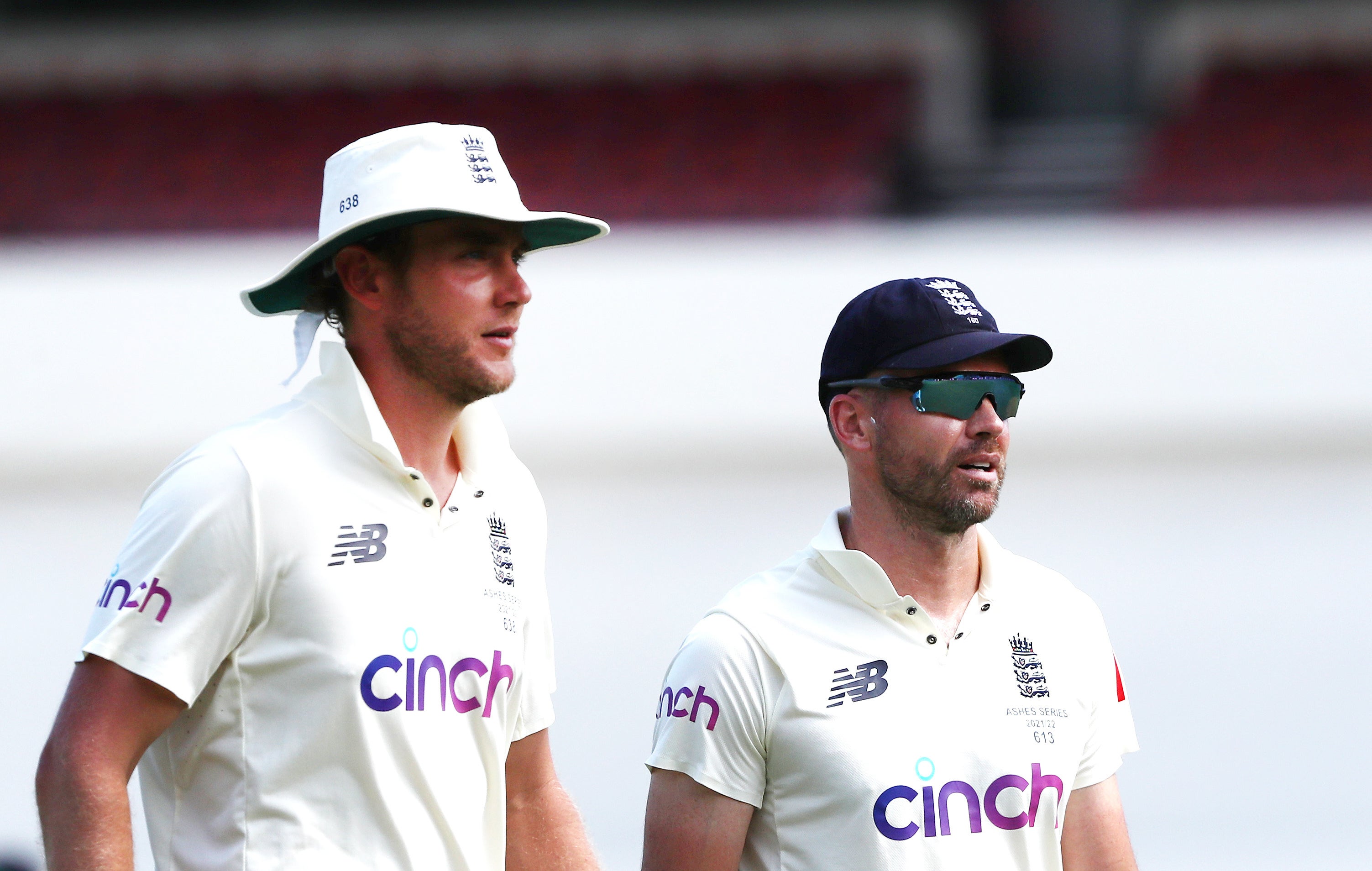
Key would be well advised to make contact with the two most prolific bowlers in English history, who appear to have been ghosted since they were axed for the West Indies trip. If their long and distinguished service is over, the sooner they find out the better. If the door remains open, some tactful bridge-building could be vital to their reintegration.
Join our commenting forum
Join thought-provoking conversations, follow other Independent readers and see their replies
Comments